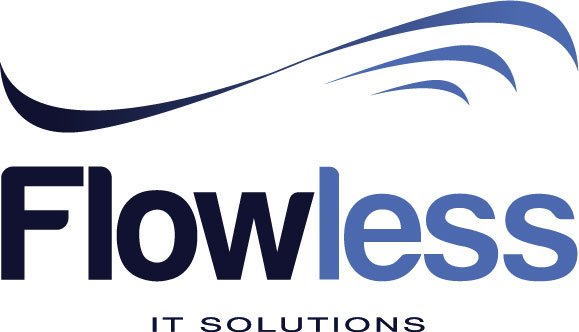The ACI’s Agile Coach Competency Framework is breaking down agile coaching to 8 different competencies as well as a coaching stance. There are three different domain competencies in this framework. They include transformation mastery, business mastery and technical mastery. Technical mastery focuses on the technical aspects of the software, such as software craftsmanship and architecture. On the other hand, business mastery is referring to product innovation, process innovation and operational innovation. Transformation mastery refers to facilitation, organization change and leadership.
Teaching and mentoring are two prominent competencies that you can find within the ACI’s Agile Coach Competency Framework as well. Teaching is all about the ability to reach people. It can be about teaching a team member about agile values or how sprint planning works. On the other hand, mentoring refers to the sharing of knowledge through experience.
You can also find facilitation and professional coaching as two competencies in ACI’s Agile Coach Competency Framework. Professional coaching has the ability to help the agile team to find solutions to most of the problems that they are facing. This is accompanied with facilitation. Facilitation refers to the process of holding impartial stance. For example, agile coaching will need to facilitate the agile development team via a retro. However, it is important to remain impartial throughout the process. The objective in here is to hold the agile team and keep them sticking to the agreed guidelines.
The last competency associated with ACI’s Agile Coach Competency Framework is Agile and Lean Practitioner. This ensures that any person who wants to become an agile coach should have a deep understanding on agile and lean. Any person who wants to become an effective agile coach will be able to follow ACI’s Agile Coach Competency Framework and get the most out of it.
— Slimane Zouggari
